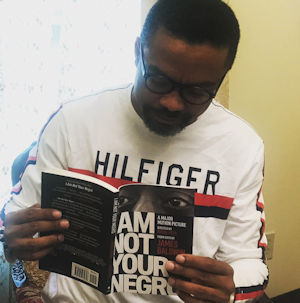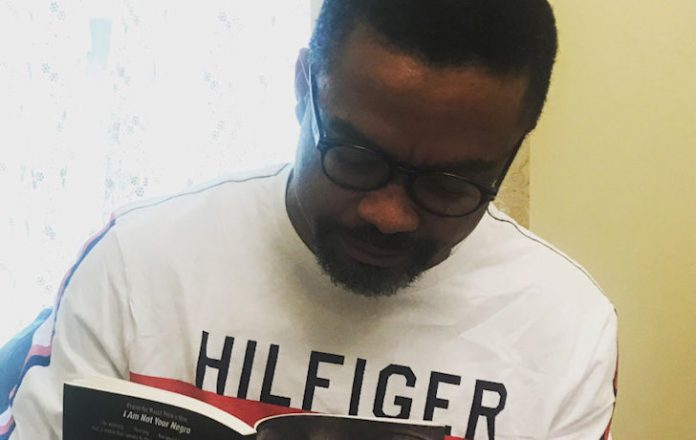[ Publié / Modifié il y a
“All the Western nations have been caught in a lie, the lie of their pretended humanism; this means that their history has no moral justification and that the West has no moral authority”
James Baldwin, I am not your negro, Vintage Books, 2016
“It is my great hope that the United African States may prove to be successful pilot scheme which will lead eventually to full continental unity”
Kwame Nkrumah, Africa must unite, 1963

Introduction to the letter
Dear readers,
Visiting the United States of America one more time these last days after six months between Europe and Africa, I have been led to a reflection about the contrast between the public space here and in Africa. It is obvious that the way of managing things and people in America is seriously different from the practices of the most important part of the contemporary Africa. The American towns are cleaner than the majority of African towns. In America, the towns are large as the roads, very practicable, and they look strong, in a constant and organized development planification. The African towns are in their great majority dirty, confuse, rough and in a constantly disorganized development. They look like towns in permanent war, instable and quite terrifying in their colors, odors, and aspects. The American rural areas, are mostly well organized. It clearly appears that the authorities know what to do with them, even if there is in fact no absolute paradise in America. At the same time, the majority of the African peasants is abandoned to itself surviving as well as possible in the nature. To this geographical contrast, I have to add the political one. The fundamental liberties of the American people seem more openly and naturally defended than the same liberties in Africa, whenever the majority of the African constitutions proclaims the same liberties defended by the three centuries old American constitution: liberties of though, belief, expression, association, meeting, movement, press, opinion, and the like. In fact, in most African countries today again, liberties are surviving by miracle because the counterpowers are so weak, when they even exist. Criticizing a politician, especially when that politician is a member of the ruling party, is a very dangerous adventure for a free-mind citizen like I am. Organizing a political and pacific meeting against the dominant ideology is a crime in many African countries, and those who openly participate to such an event know that they are forever under a Damocles epee. Moreover, writing a book against a dictatorship in Africa is quite a self-condemnation to be insulted, harassed, beaten, wounded, jailed, killed or exiled. These are the things Americans have to know about the contemporary Africa, but my regular observation is that the majority of the Americans dare not to know what Africa is really today. And on the other hand, there is a so idealistic image of the American paradise that the majority of Africans can’t imagine the hell America could be and is effectively for many contemporaries Americans. So, the main question coming to my mind is: how could we explain this contrast, knowing that at the same time, most Americans ignore the real Africa and most Africans ignore the real America? In this reciprocal ignorance, there may be an ocean of negation, blindness and terror. Not only between the two continents, but also inside each society involved in this relation. America, this is my hypothesis, ignores Africa because it has been built on the negation of the American Negro, like Africa ignores America because it has been built on the negation of itself African dignity. These two phenomena are linked in the same intentionality of domination through the fabrication of race, ignorance, blindness and terror.
In fact, I think that we cannot understand this unproductive and destructive relation if we don’t answer correctly to the following questions:
– What is Africa for north Americans?
– What is Africa for Africans?
– How could we disrupt this unproductive relation and change it into a common and positive human destiny?
The examination of these questions needs the contributions of history, dialectic philosophy and prospective political science for a new African-American enlightenment. While examining these problems, I will be thinking in regard of two American and African thinkers, James Baldwin[1] and Kwame Nkrumah, whose works could be regarded as the foundation of a global recognition of the Africans inside the global recognition of the only and unique universal humanity.
Here is given the program of my next contributions, completing this letter.
By Professor Franklin Nyamsi wa Kamerun
Washington DC USA, July 2018















